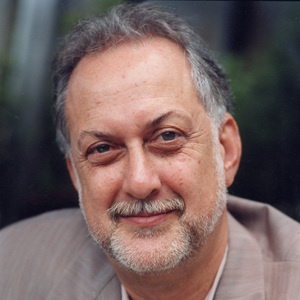
Good Enough? Good Enough?
The amount of affordable housing in New York City is shrinking, and Mayor de Blasio’s development plans might not reverse the trend.
May 21, 2014 / Books & the Arts / Michael Sorkin

What’s Behind the ‘Poor Door’? What’s Behind the ‘Poor Door’?
Inclusionary zoning laws are among the few tools left to ensure the creation of affordable housing.
Apr 2, 2014 / Books & the Arts / Michael Sorkin
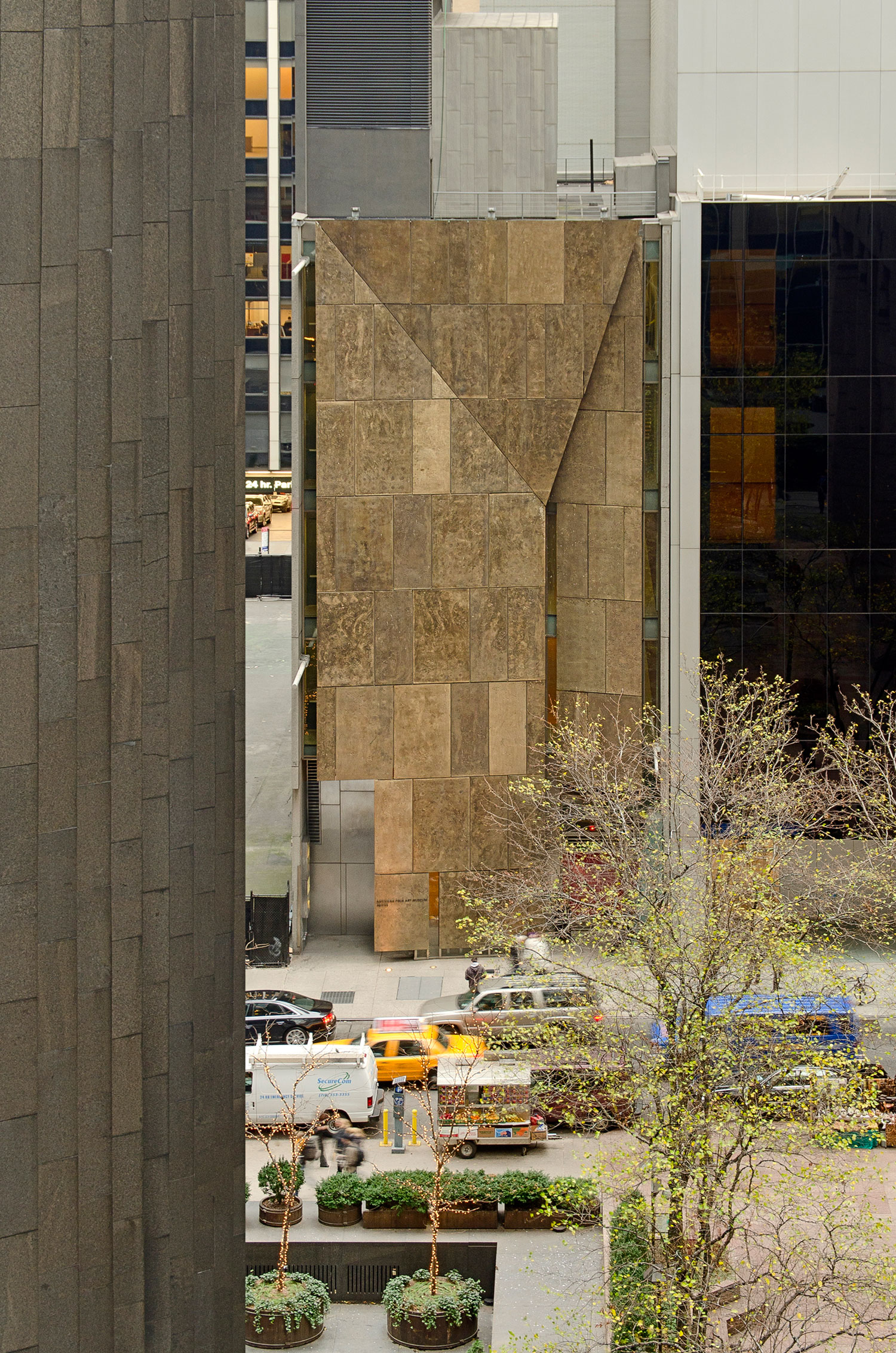
Big MoMA’s House Big MoMA’s House
MoMA’s new expansion plans represent avant-gardism at its most deracinated.
Feb 19, 2014 / Books & the Arts / Michael Sorkin
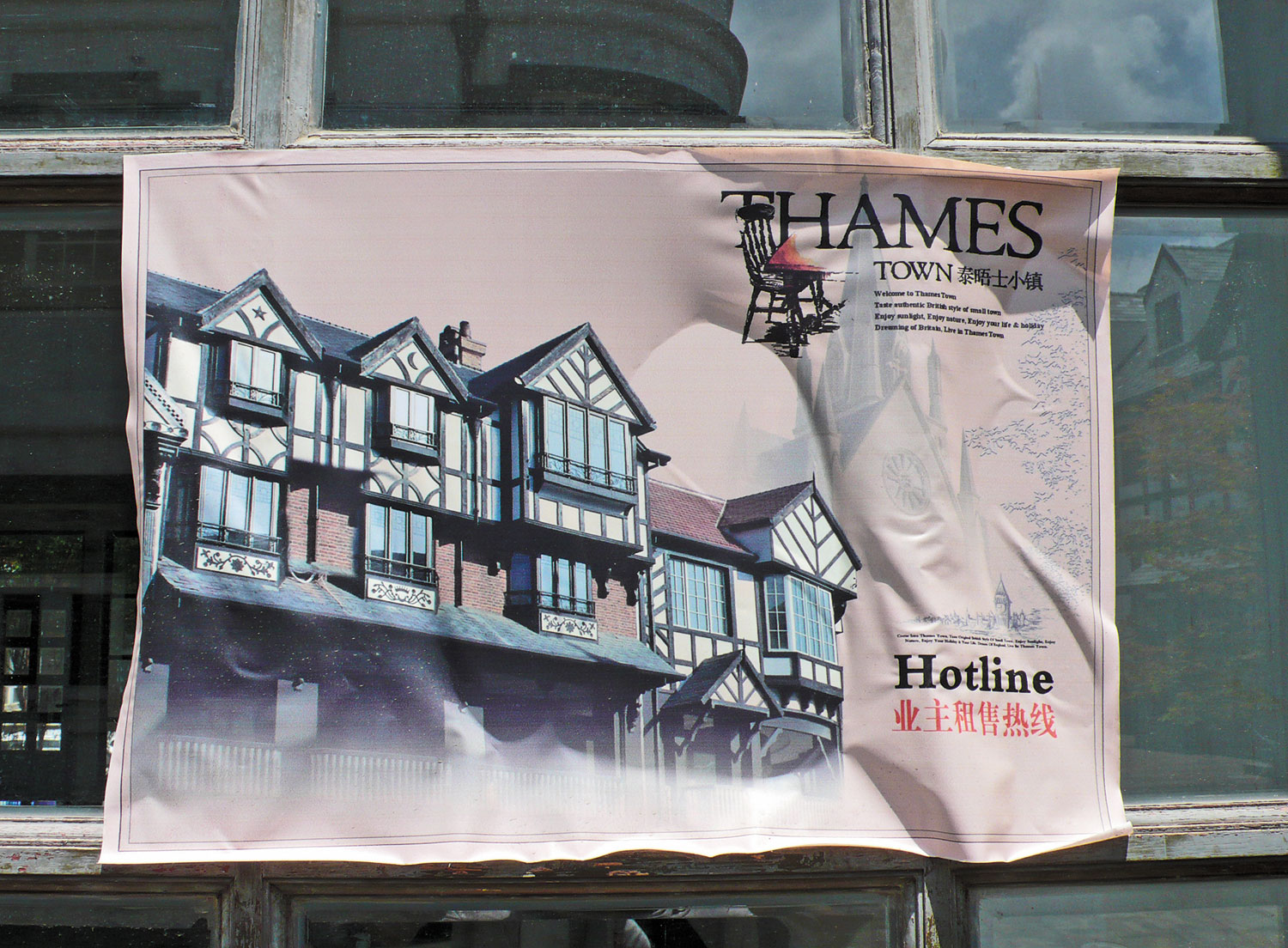
Bull in China’s Shop Bull in China’s Shop
The urbanization of China and infusion of Western forms amounts to a second Cultural Revolution.
Feb 4, 2014 / Books & the Arts / Michael Sorkin
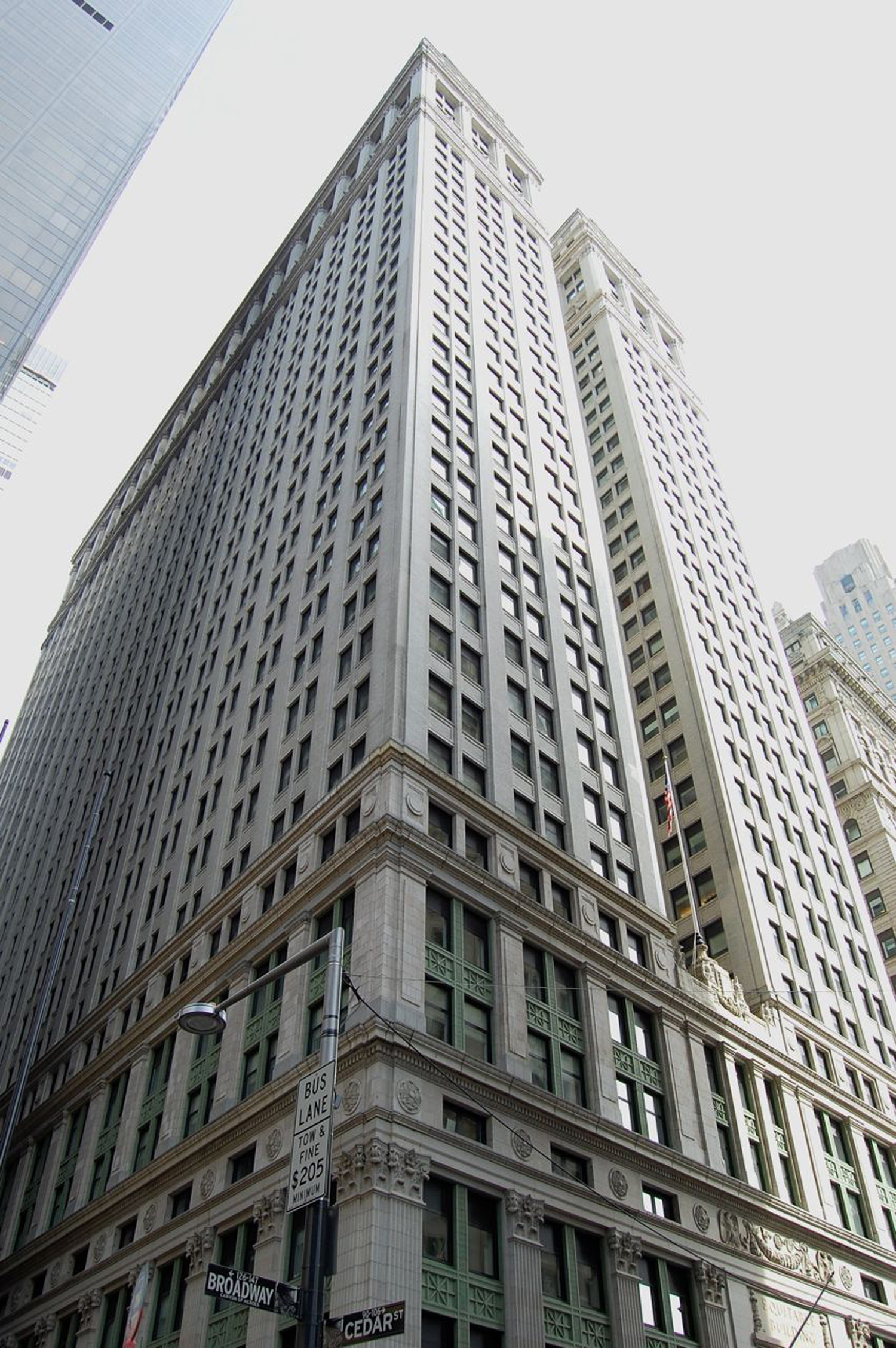
The Fungibility of Air The Fungibility of Air
Real estate has become an extractive industry, mining the air for property.
Dec 18, 2013 / Books & the Arts / Michael Sorkin
Exchange: Trials and Designs Exchange: Trials and Designs
On May 13, The Nation published Michael Sorkin’s appallingly inaccurate “The Trials of Rafi Segal,” which presented a dramatic tale of betrayal. However, the article has the facts backwards and the truth upside down and violated fundamental standards of journalism. Sorkin’s journalistic travesty recounted the tale of Rafi Segal, an Israeli architect, who was selected to be the “preferred architect” to design the Israel National Library, only to have the winning title and potential contract snatched away. According to Sorkin, Segal was betrayed by the competition sponsor, an Israeli foundation funded by the Rothschilds. Sorkin also blamed me personally for raising questions about the ownership of rights to the winning design. Sorkin called Segal’s disqualification the “narrowest (and phoniest) legalism” and claimed that Segal was “forced to go to the courts to counter the manifest injustice he has suffered.” A dramatic tale, as related by Sorkin, but not the truth. In reality, Segal violated the rules of the competition to obtain an unfair advantage, lied about it, was eventually found out and was disqualified as a result. Segal’s disqualification was the result of his own misdeeds and deceit. Segal’s meritless lawsuit, in which he sought to be reinstated as the designer of the National Library of Israel, was a complete failure. In September, facing the certainty of final dismissal of his claim by the court, Segal entirely abandoned his case. Moreover, overruling Segal’s objections, the Jerusalem District Court awarded to HyperBina the sum of 30,000 Israeli new shekels in attorneys’ fees and costs, an unusually large fee award in Israel for a pre-trial resolution, and the second award of attorneys’ fees made by the court against Segal and in favor of HyperBina. In addition to his failed lawsuit, during the process, Segal spread falsehoods in public. Segal’s behavior was described in a public statement by the competition organizer, the Israeli National Library Construction Company (with board directors from the Israeli National Library and Yad Hanadiv): “All the detailed facts [about the disqualification] have been made known to Segal and we regret his attempts to slant and distort the truth by spreading fabrications and claims that have no basis in reality.” The competition organizer also stated, “The decision [to disqualify Segal] was taken separately by both the board of the National Library Construction Company and the board of the [Israeli] National Library—unanimously in both instances.” Segal exemplifies a classic case of manipulation by someone who is dealing with two parties that do not have direct contact with each other. Segal lacked (or did not want to spend) the resources needed to compete in the Israel National Library competition, so he approached HyperBina Design Group to contribute essential design work. However, the competition rules allowed only Israeli-registered architects to participate in the first round of the competition. So, in his dealing with HyperBina in Cambridge, Segal concealed the portion of the competition rules that stated the nationality requirement. He promised, in writing, that HyperBina, which did the majority of design work, would be an “equal partner” in the competition. In dealings with the competition authorities in Jerusalem, Segal concealed HyperBina’s contributions and falsely claimed to be the sole creator and sole owner of rights to the project. When the competition authorities investigated, the chain of project e-mails and the detailed project documents showed what actually had happened. In the end, the competition authorities disqualified Segal because, as they told the Israeli court, Segal “blatantly violated the rules of the competition and had been deceitful.” Why did Sorkin get this story so completely backwards? In part, the answer is that Segal is his personal friend, and the two share political views. However, the fundamental reason for Sorkin’s distortion is that he was unwilling to spend the effort and time in proper investigation, expected from responsible journalists, to seek the truth. When Sorkin contacted HyperBina, I, as its owner, offered to make available to Sorkin the full Israeli court record (which was in Hebrew). Sorkin e-mailed back: “No need to worry about those Hebrew language documents… Greek to me!” So he did not bother to review the evidence filed by the competition authorities. Sorkin did not ask to examine the project records that display every step in the project design process; nor did he interview all those at my firm who witnessed how the project was produced. Instead Sorkin blindly repeated distortions supplied by Segal to the court. Sorkin failed to inform his readers that Segal’s legal case was a failure from the start. The Israeli court rejected Segal’s first request for a temporary injunction barring the selection of another project architect. Then, on the evening before the date of the full hearing on such request this past January, Segal abruptly withdrew his petition for the injunction, clearly because the requested injunction was going to be denied. The court then granted HyperBina its costs and attorneys’ fees relating to this motion for the first time in the legal case. All this occurred before Sorkin wrote his article, but Sorkin did not mention these facts at all. Fundamentally, Sorkin pretended to be informed, while in fact he was not. Amazingly, Sorkin’s 2,900-word article about the alleged “injustice” done to Segal does not mention once that Segal’s violation of competition rules and deceit were the official grounds for Segal’s disqualification. Moreover, Sorkin’s article is full of Segal’s falsehoods defaming HyperBina, me and the competition authorities, as well as inaccurate allegations by another of Segal’s friends, Preston Scott Cohen, all of which Sorkin irresponsibly portrays as facts. Sorkin’s article reveals a careless and irresponsible disregard of facts, a lack of professional integrity, lack of concern for those he attacked and a failure to meet basic standards of professional journalism. The Nation and Michael Sorkin should apologize to those who were attacked so unfairly in this article. Bing Wang cambridge, mass. Sorkin Replies In preparing my essay, I accumulated and reviewed hundreds of pages of documents, including the affidavits filed by Bing Wang and Rafi Segal. I corresponded with the competition sponsors, members of the jury, Segal, Wang and other interested parties. I took careful note of the extensive coverage in the Israeli media, much of which was in English and some of which was in Hebrew and translated for me. I stand by my conclusions, which are not unique to me. My main point is that Segal’s design was, for a combination of reasons, including Wang’s claims of authorship, unfairly quashed. I remain persuaded that in all legitimate artistic and creative dimensions, the design of the library was Segal’s. Wang’s letter does nothing to dissuade me. When I contacted Wang asking for an interview, she refused on the advice of her counsel. She also declined, again on the advice of her counsel, to send me unspecified materials she claimed would significantly clarify the facts and asked that I delay the article to await them. The quotations and assertions in Wang’s letter do not reflect legal conclusions of the court but are expressions by the party—“the competition organizer”—that disqualified Segal in the first place, the subject of my criticism. Italicizing these comments does not increase their accuracy or disinterestedness. Preston Scott Cohen, whose “inaccurate allegations” are denounced by Wang, was the chair of the architecture department at Harvard and stands by his statements. Wang neglects to mention the other quoted source of my information about the authorship of the project: an Israeli architect who was employed by Wang at the time and was a main contributor to the project in her office (italics mine). That members of Wang’s firm assisted in the preparation of the design submission is not in dispute. It remains for Segal to comment on why he has declined to pursue further legal remedies in Israel (at least one other is pending), but the fact that the library has long since signed a contract with other architects, selected without benefit of a design competition, may have persuaded him of the futility of throwing good money after bad. Michael Sorkin new york city
Nov 19, 2013 / Bing Wang and Michael Sorkin
Presidents and Libraries Presidents and Libraries
A blueprint for the Barack Obama presidential library.
Oct 8, 2013 / Books & the Arts / Michael Sorkin
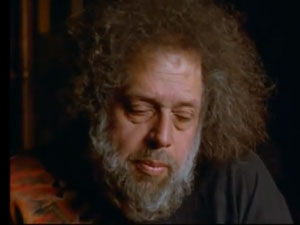
Marshall Berman 1940–2013 Marshall Berman 1940–2013
No one has been more loving or lucid in his depiction, criticism and celebration of urbanity.
Sep 18, 2013 / Michael Sorkin
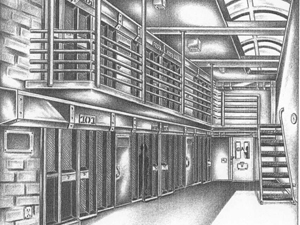
Drawing the Line: Architects and Prisons Drawing the Line: Architects and Prisons
A call for architects to refuse to design chambers of living death.
Aug 27, 2013 / Books & the Arts / Michael Sorkin
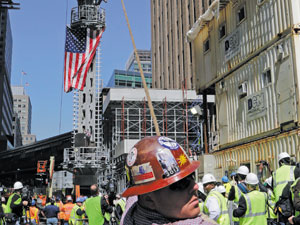
Ground Zero Sum Ground Zero Sum
The architecture of the new World Trade Center buildings emphasizes that their business is none of ours.
Jul 2, 2013 / Books & the Arts / Michael Sorkin

